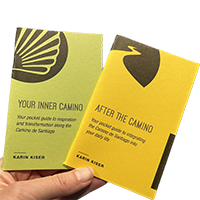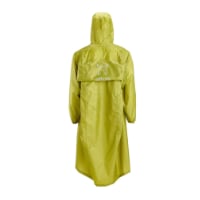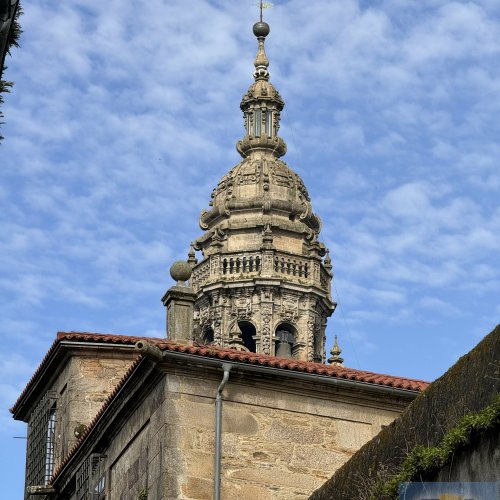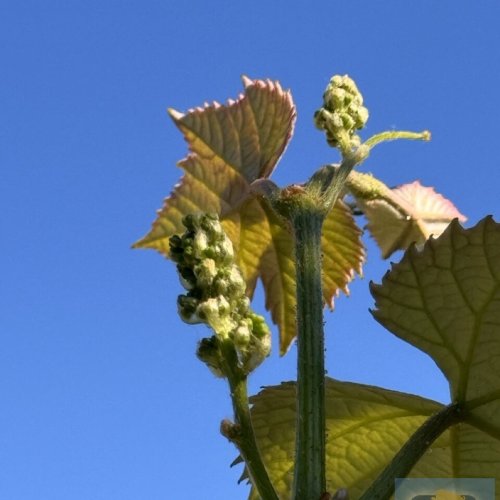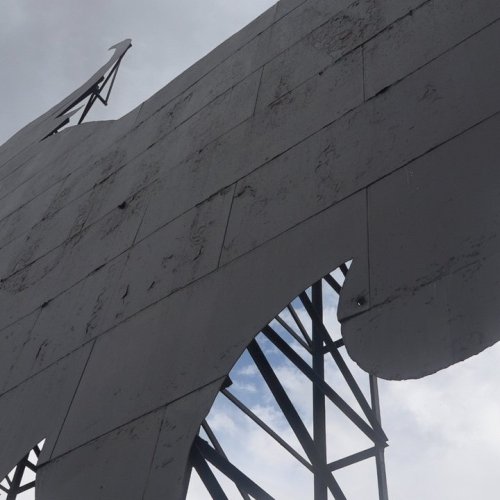Just a philosophical question. Judging by the posts on this forum, most people spend an inordinate amount of time, money and effort fretting about gear and clothing, reading tons of blogs, and diligently watching films and reading books, and yet seem to expend so little effort trying to learn some Spanish. Why?
I think this is a good question - having walked on the Via de la Plata (which is a bit less developed in a camino and/or tourist infrastructure kind of way, apart from the big towns) I found that being fluent in Spanish was really very useful, although others seemed to get by more or less OK (some more, some less OK...). It absolutely enriched my ability to interact in a meaningful manner with the locals, who often seemed surprised and more than happy to talk with me at a bar in the morning over coffee, to discuss just about anything. My camino experience would have been very different had I not spoken Spanish. However, I didn't learn it for the express purpose of walking a camino. And, as others have said, once I got to Astorga and joined up with the camino Francaise, the whole thing was a different beast.
I wonder if one of the reasons that many people seem to expend so little effort trying to learn some Spanish pre-Camino is related to all of those blogs, books and films that you mentioned, many of which are in English, showing English speakers (and/or others who have other languages as their first language) speaking fabulous English, and encountering minimal difficulties as they proceed down the
Camino Frances? Given that "the camino" (Francaise) is portrayed as a kind of international path on which English seems to be the necessary language for survival and social connection, there may be limited mileage to be gained out of learning more than basic Spanish, in the eyes of some, particularly if they don't foresee that they will return to the camino, or spend time in other Spanish language speaking countries?
Personally, as a native English speaker, I think that if you want to learn a second language then Spanish is a good choice - its a lot more straight forward than many languages (I may be ignorant, but I have not the foggiest idea of even the basics of Mandarin Chinese) and is spoken in sufficient places around the world that you might, if lucky, get some good mileage out of it. Plus, if you love the camino, and think you might be back again (and again) on some of the less travelled paths, its fantastically useful.
Regardless of all that, I also think it's good manners to try and learn the very basics before going off to spend a month in a country, for whatever purpose. It's good manners and a mark of respect to attempt to at least make an effort.
(But don't get me started on the hostility with which speaking Castilian Spanish can be received in some regions of Spain... honestly, enough times to make an impression, I found people were hostile and rude if I spoke Castilian Spanish whilst in Barcelona, but cheered up once I switched to English and it became clear which was my first language).








